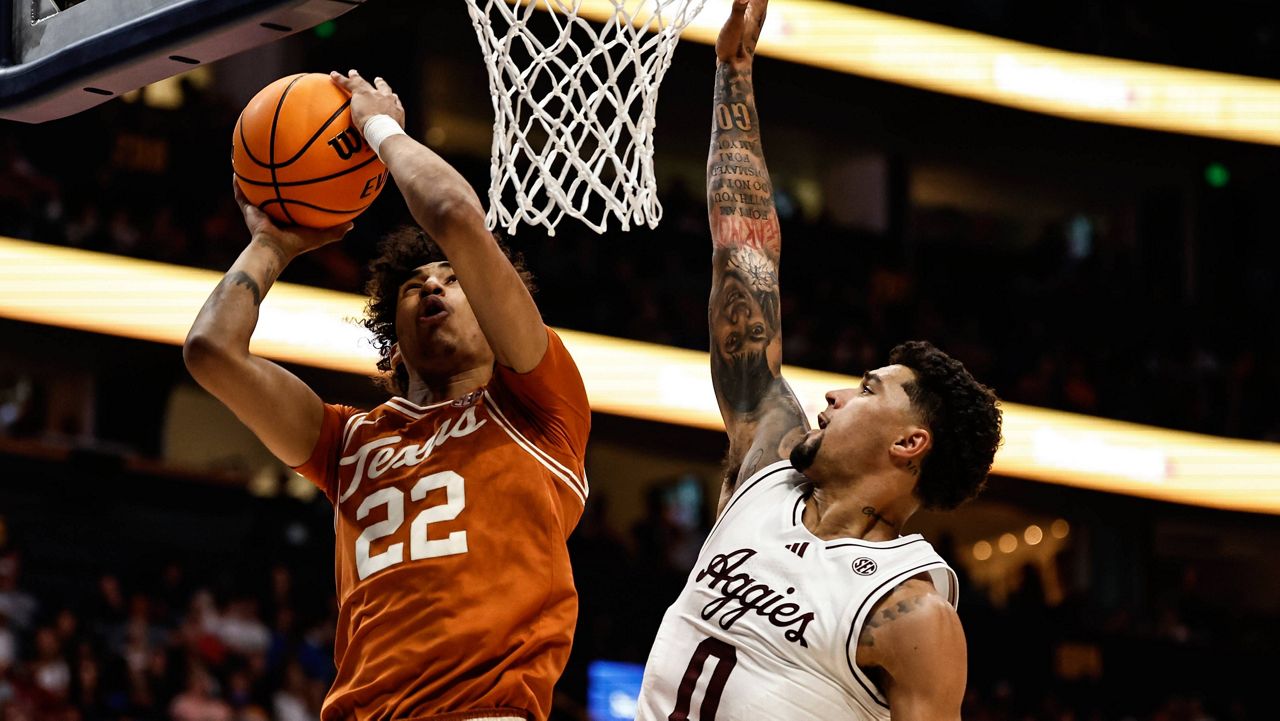AUSTIN, Texas — All eyes are on the Texas governor race. It has become the most expensive gubernatorial race in Texas history. Both Republican incumbent Gov. Greg Abbott and his Democratic challenger Beto O’Rourke are fierce fundraisers.
Abbott started the race with a huge war chest that’s only grown, but O’Rourke managed to erase that advantage and break fundraising records of his own. Since O’Rourke announced his bid for governor last November, he’s raised close to $77 million and spent about $70 million. In that same time, Abbott raised about $70 million and spent $125 million. Between the two candidates, more than $145 million dollars has been raised, and nearly $196 million spent.
A sizeable chunk of that spending was on campaign ads. And for weeks now, the TV airwaves have been inundated with attack ads. A lot of them are still airing.
“They’re going to just bang out the negativity, and the threat, and the concern that if you don’t vote—if you don’t come out and choose the right candidate—there’ll be real implications for your family,” said Guy Golan, an associate professor of strategic communication at Texas Christian University.
Even though some of these attack ads are still flashing across TVs in Texas, the newer spots are softer and more personal.
In a 30-second ad called “Determination,” Abbott’s camp portrays the governor as strong. Over imagery of Abbott in a wheelchair, the narrator begins by saying, “38 years ago, his back was broken, but his spirit was not.”
“What we’ve seen historically is that, a lot of times, candidates with disabilities try to hide those disabilities or downplay them, minimize them, not have them apparent on camera and in public appearances. But Greg Abbott has not taken that path. He’s really leaned into the fact that he has overcome these challenges,” said Matthew Wilson, an associate professor of political science at Southern Methodist University. “And rather than seeing the disability as an electoral handicap, he has seen it as something that could actually propel his campaign, something that could be a testimony to his resiliency, to his ability to overcome challenges and obstacles.”
O’Rourke is also making his ads more personal by speaking directly with the viewer. In this ad called “Move Texas Forward,” O’Rourke lists the reasons voters should pick him over Abbott. Wilson calls this type of negative ad “polite criticism.”
“If he’s going to himself be on camera, he wants to be projecting a reasonable, moderate demeanor,” he said. “In doing so, he can criticize Greg Abbott, but he doesn’t want to suggest that he thinks Abbott is a bad person or attack Abbott’s character or attack Abbott’s basic values. Instead, he’s critiquing the leadership record, and I think that’s why we see the somewhat softer tone there.”
The Abbott campaign is airing a more negative ad called “Demolition.” It shows an O’Rourke look-alike smashing Texas to pieces. Jim Henson with the Texas Politics Project said the images do the work here.
“If you look at the list of issues that are in the messaging of that ad—taxes, attacks on oil and gas, public safety and crime, defunding the police, the border—these are the issues that the Abbott campaign has been pushing from the very beginning of this campaign,” Henson said.
In another one-minute spot called “Amanda,” O’Rourke focuses on abortion, even though the issue isn’t as persuasive as Democrats hoped it would be.
“They’re trying to add something to the abortion message, because the abortion message has not galvanized Democratic voters in the way that messages on immigration, crime, and the economy have galvanized Republican voters in a lot of places, including Texas,” Henson said.
Even though voters say they dislike negative ads, Henson said they’ve very persuasive.
“You don’t generally make up ground in the polls by doing soft spots about what a nice guy you are,” Wilson said. “You make up ground in the polls by dragging your opponent down to where you are. And so therefore, a challenger like O’Rourke, who’s trailing, we would expect to have a more negative advertising tone than the incumbent governor.”
We’ll have an idea of which ads were the most convincing when the polls close on Election Day.











